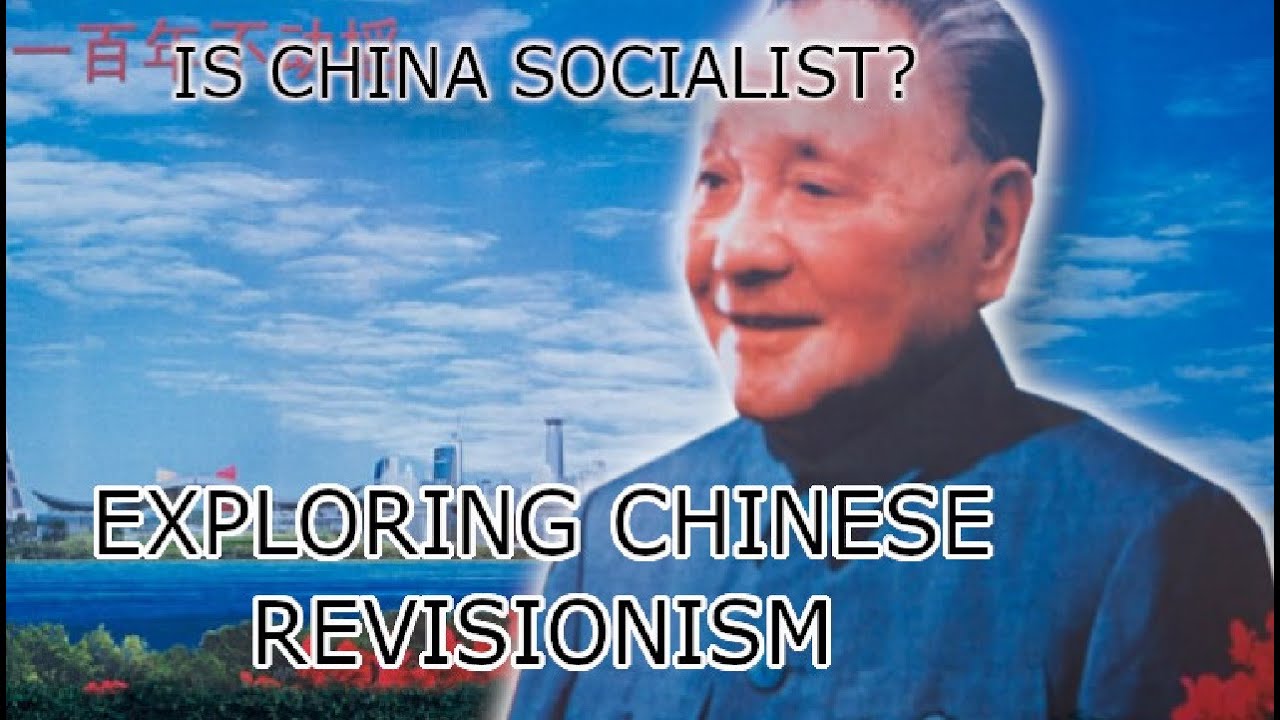Footnotes
[1] This conclusion about labor as the third thing that commodities have in common, the thing that constitutes the substance of value, is not shared by bourgeois economics. The economists would say: “One person exchanges boot polish for gold, the other person exchanges gold for boot polish. Why did they exchange them? Because one person values boot polish higher than gold, the other person values gold higher than boot polish. There is nothing in common. If there is an equalization, then it is the equalization of the benefit weighed by both sides.” The thesis is that the benefit is equal. Here Marx would reply that this is a mistake because the benefit always depends on the concrete use-value. The benefit of the bed and the benefit of a bottle of beer are not comparable. It does not make sense to ask: is the beer more useful than the bed or is it the other way around? The utility of a thing is a predicate that expresses a thing is good for a particular need and/or satisfying a particular need. An “abstract” benefit does not exist. By the way, economics itself doubts whether one can compare the utility of different things and then comes up with the idea that if one can’t compare the utility, then one can still compare the utility of bundles of goods: 17 beds and 1 bottle of beer and 17 beers and 1 bed; economics asserts that one should be able to compare these in terms of utility. As if this comparison would be possible without maintaining an abstract utility of goods; one can only say: no such thing exists.
[2] Modern economists argue that Marx did not realize that the price of commodities depends on supply and demand. But Marx did not deny that a price is not obtained without demand, but explained the substance of what is taking place in the market. The market proves whether individually performed labor counts as socially necessary average labor or not. But this is only one side of it. It still has to be explained that value determines supply and demand. In price, the substance of socially necessary labor is asserted. On the other hand, the socially necessary labor in the long term must also be paid or else the product does not exist. If something is needed but doesn’t obtain a price which compensates the producer’s expense, then he stops making the product available. Only when a price is paid that allows the producer to reproduce the product is the product produced and offered. It is noticeable that value is the law of exchange, which does not contradict the fact that everyone wants to pay as little as possible and get as much as possible. This is precisely how socially necessary labor as the measure of exchange is carried out in a society in which no one can say how many products of a certain type are needed or what the social average labor for a pound of bread is because there is no collective decision-making.
[3] The conclusion Marx draws from these qualities of the commodity and the form of social wealth about the relation of the subjects of this economy to the products of their labor is often misunderstood. He talks about the “fetishism of commodities.” The commodity is the objectified form of a social relation in the sense that it is not realized in its use-value, but in its exchange-value. The social relation between the producers appears in this society as what it is, namely: a relation between things. A matter that is really between people who make arrangements between themselves appears to them as a relation between things that have their own autonomy and subordinate the people. One day somebody produces a commodity and it is in demand and they get a price for it which they can live with; and the very next day they produce the same commodity and finds no one buying the commodity. Marx says: instead of people controlling their social relations, people are controlled by their social relations. The abstract point of the fetish section is that people do not control their circumstances. People turn themselves over to being instrumentalized by relations which are not under their own control. They use the social institutions – commodity, money, capital – but do not understand what they are using and do not have control over the institutions they are using.













It’s not that they didn’t have faith. They simply didn’t read or understand Marx, most of the time.